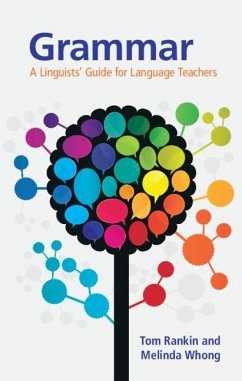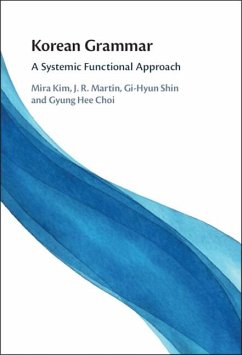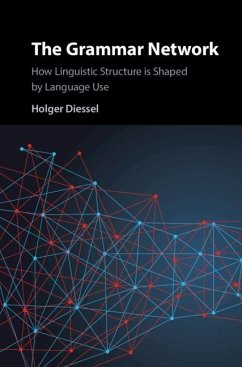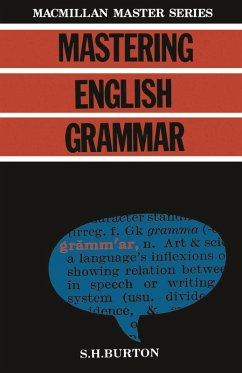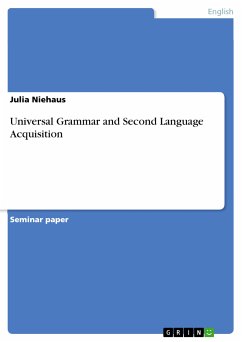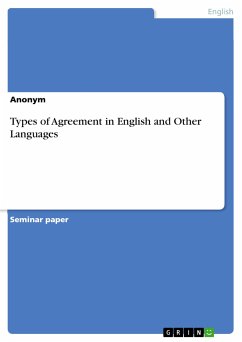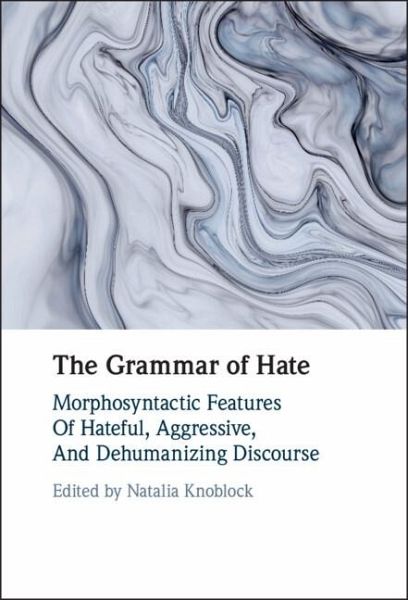
Grammar of Hate (eBook, PDF)
Morphosyntactic Features of Hateful, Aggressive, and Dehumanizing Discourse
Redaktion: Knoblock, Natalia
Versandkostenfrei!
Sofort per Download lieferbar
78,95 €
inkl. MwSt.
Weitere Ausgaben:

PAYBACK Punkte
39 °P sammeln!
Hate speech continues to be an issue of key social significance, yet while its lexical and discursive aspects have been widely studied, its grammatical traits have been hitherto overlooked. This book seeks to address this gap by bringing together a global team of scholars to explore the morphosyntactic features of hateful and aggressive discourse. Drawing on thirteen diverse cross-linguistic case studies, it reveals how hate is expressed in political discourse, slang, and social media, and towards a range of target groups relating to gender, sexual orientation, and ethnic identity. Based on id...
Hate speech continues to be an issue of key social significance, yet while its lexical and discursive aspects have been widely studied, its grammatical traits have been hitherto overlooked. This book seeks to address this gap by bringing together a global team of scholars to explore the morphosyntactic features of hateful and aggressive discourse. Drawing on thirteen diverse cross-linguistic case studies, it reveals how hate is expressed in political discourse, slang, and social media, and towards a range of target groups relating to gender, sexual orientation, and ethnic identity. Based on ideas from functional and cognitive linguistics, each thematic part demonstrates how features such as morphology, word formation, pronoun use, and syntactic structures are manipulated for the purpose of expressing hostility and hate. An innovative approach to an age-old problem, this book is essential reading for researchers and students of hate speech and verbal aggression.
Dieser Download kann aus rechtlichen Gründen nur mit Rechnungsadresse in A, B, BG, CY, CZ, D, DK, EW, E, FIN, F, GR, HR, H, IRL, I, LT, L, LR, M, NL, PL, P, R, S, SLO, SK ausgeliefert werden.




